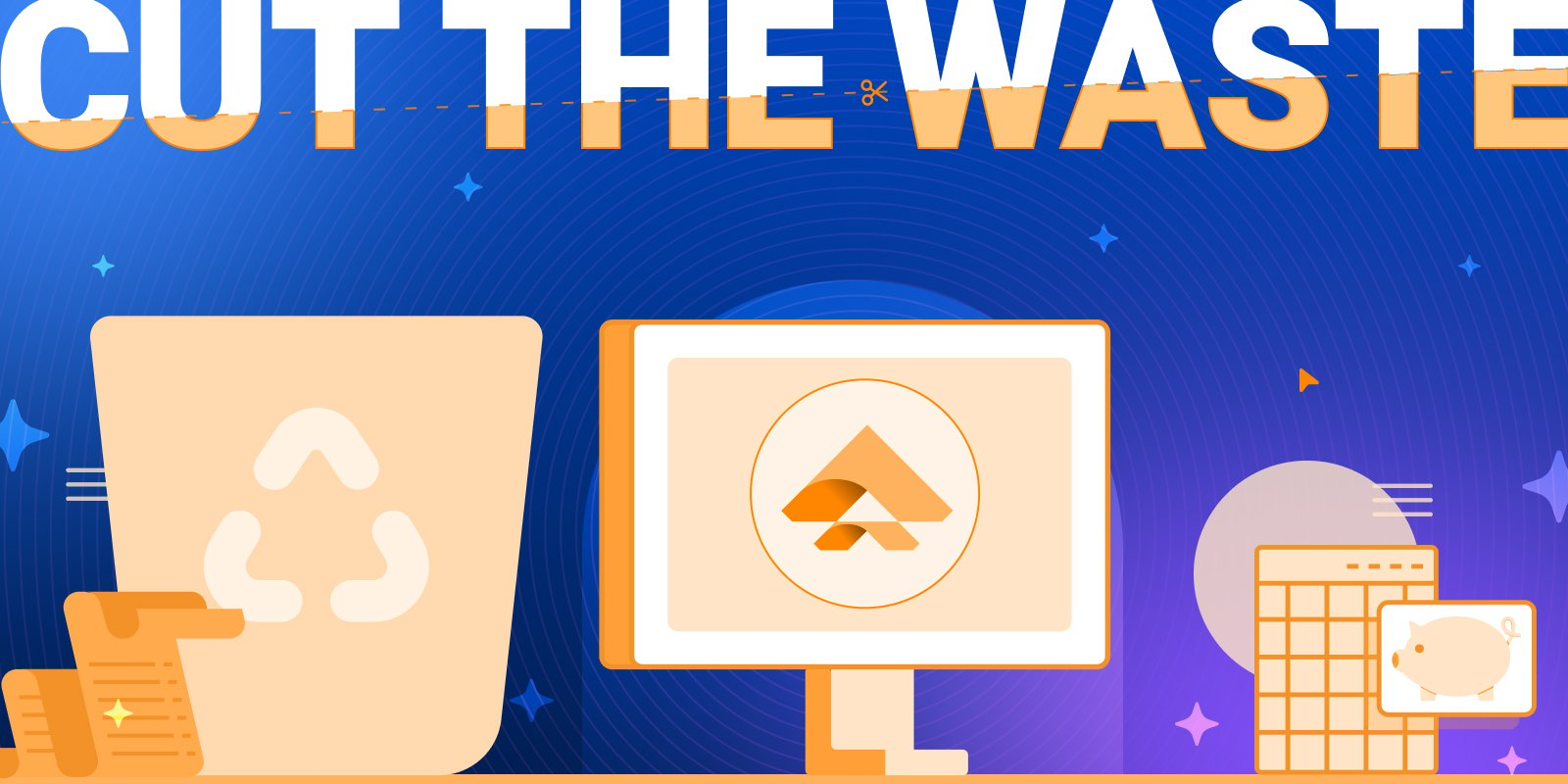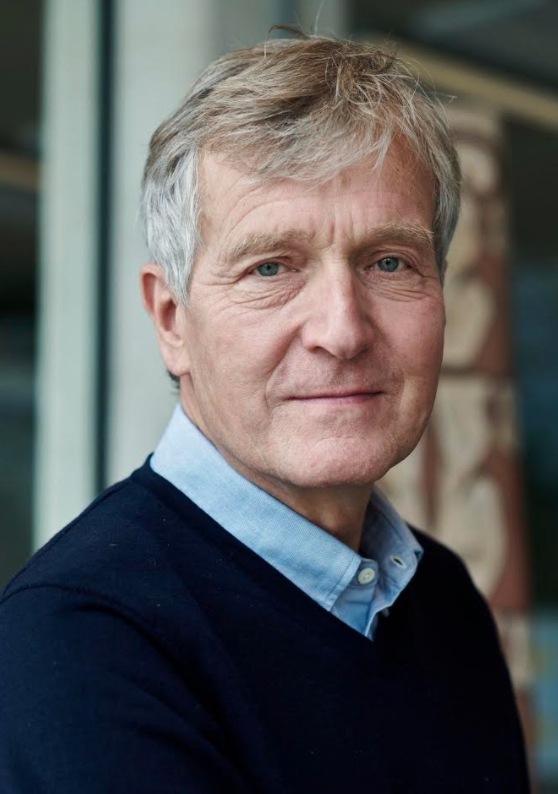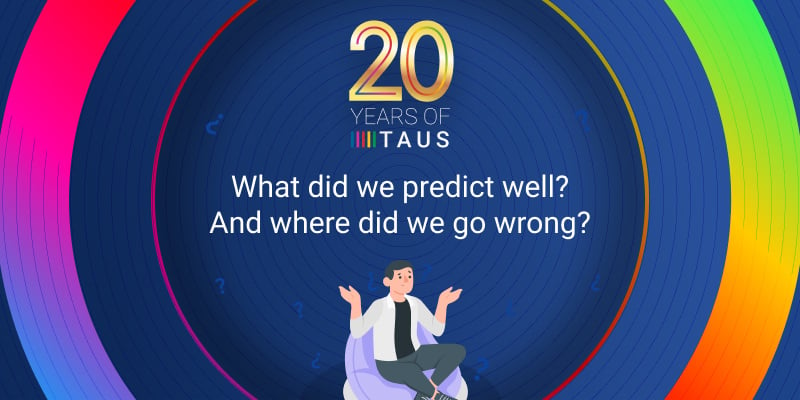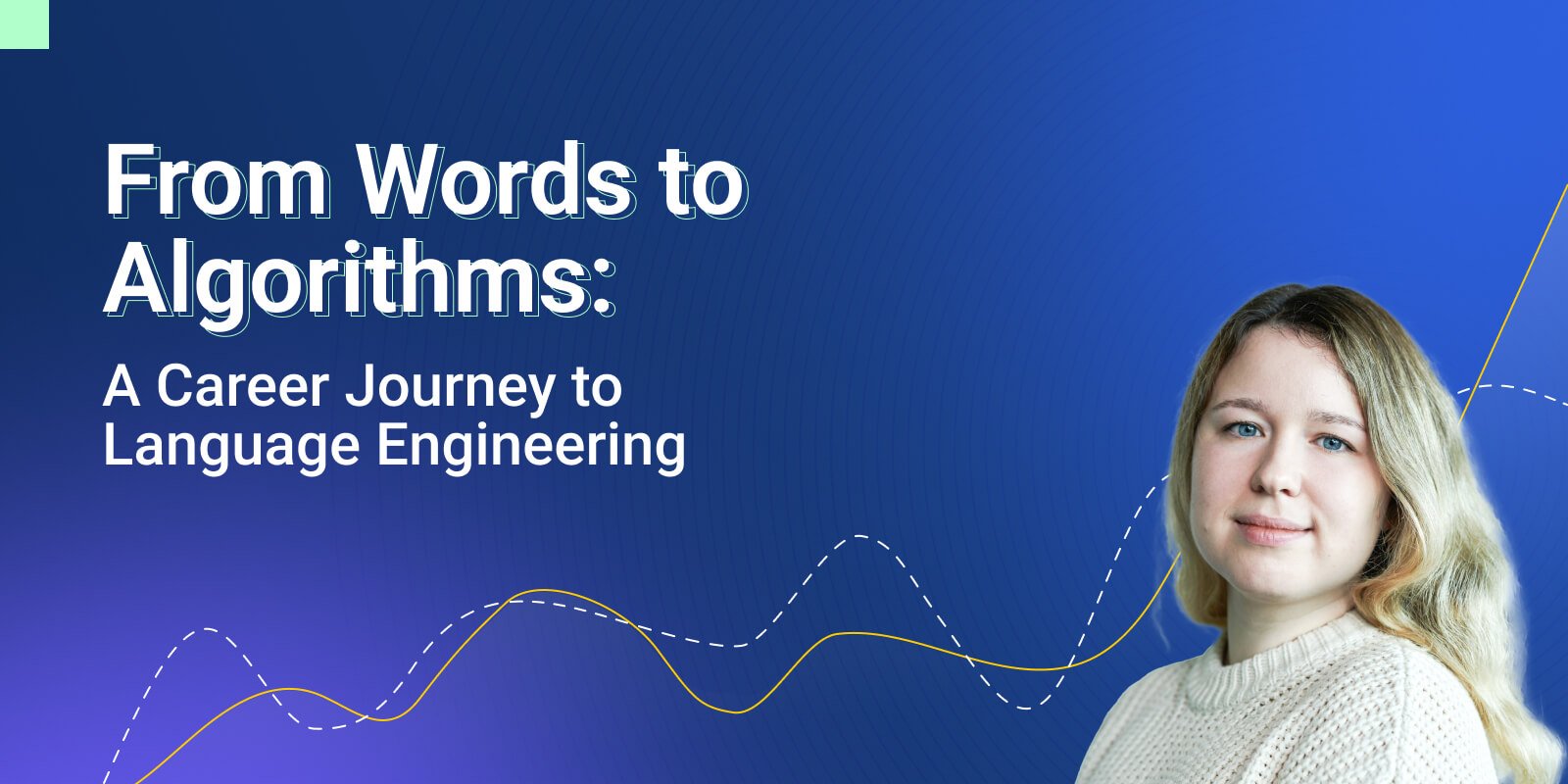World-Readiness: Lionbridge Perspective

The world-readiness concept has recently been introduced by TAUS, creating a platform to discuss the future of the global intelligent content delivery industry. Jaime Punishill, CMO Lionbridge, shares their take on world-readiness.

As CMO at Lionbridge, Jaime Punishill leads global marketing efforts including strategy, content, demand generation, digital, and product marketing. Jaime is a recognized leader in brand strategy, innovation, and digital experiences, having most recently served as the Head of Brand Strategy & Digital Marketing at TIAA, where he led the relaunch of its brand. In his prior role as Global Head of Content and Digital Distribution at Thomson Reuters, he designed and built a suite of products and services powering more than 1,000 financial firms, media partners’ portals, and apps. He previously served as Citibank’s N.A. Head of Digital Innovation, where he led mobile, social, and next-generation digital efforts. Jaime earned a Bachelor of Arts in History & Political Science from Stanford.
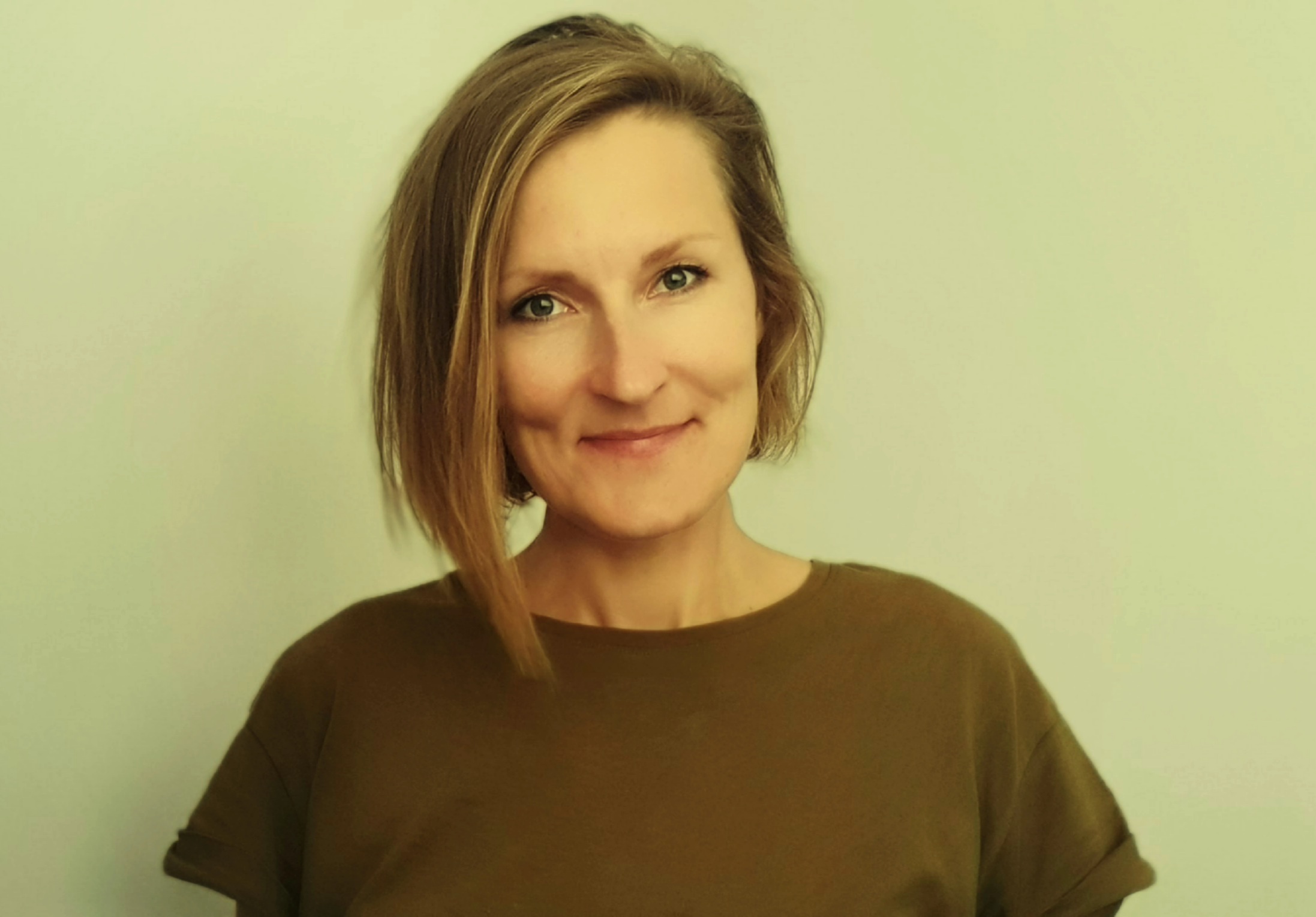 by Dace Dzeguze
by Dace Dzeguze